How to live a quality life in Singapore?
Quality of Life in Singapore.
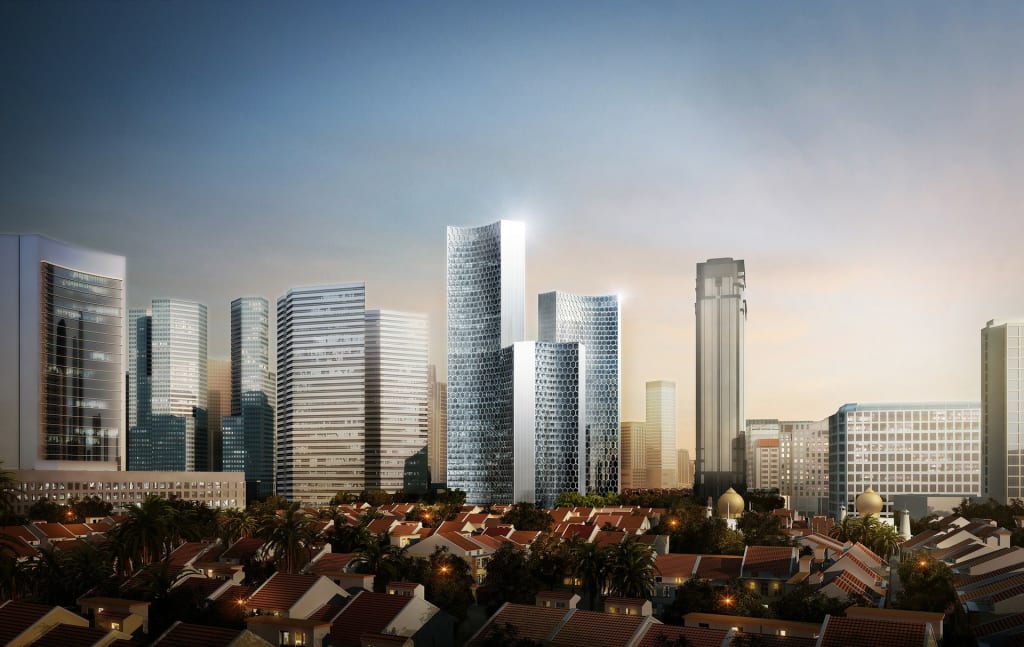
The quality of life is also used to calculate how positive one feels about one's life as a shorthand. For the measurement of this measure, systematic processes exist that involve variables such as economic, social , physical, political and spiritual well-being. Singapore may be the smallest country in Southeast Asia, but with a very high quality of life assessment, it has emerged as one of the best places to live in Asia.
According to the multinational human resources firm, Mercer, Singapore has been ranked as the top city in Asia in terms of standard of life. According to the 2018 World Happiness Report, Singapore is also considered "the happiest country in South-East Asia." The study also showed that the family is the most important unit in Singapore, and family and community still take precedence despite materialistic goals. This is a turn to help create a happy and contented community.
Factors that impact quality of life:
The following factors play a key role in determining the quality of life in a given country:
- Political and social environment
- Economic environment
- Socio-cultural environment
- Health and sanitation
- Schools and education
- Public services and transportation
- Recreation
- Natural environment
- Consumer goods
- Housing
Political and social environment
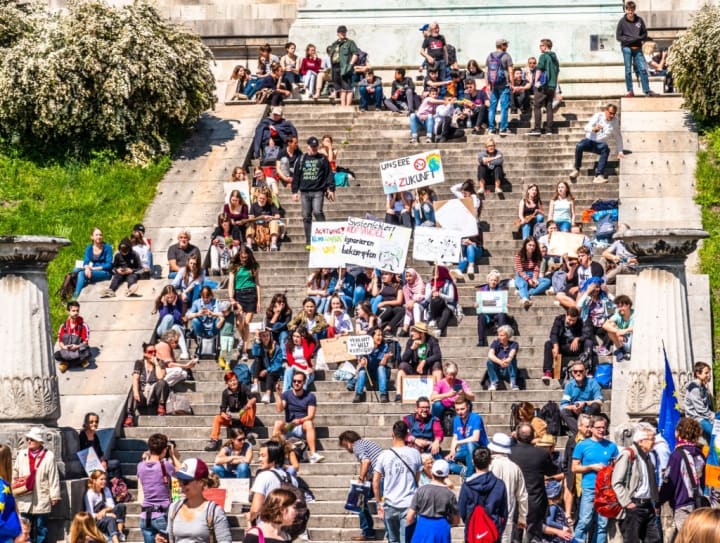
For its peaceful political climate, Singapore is renowned. The political culture is pragmatic, logical and focused on the rule of law, despite being considered centralised and authoritarian. The government's highest priority is this small nation's existence and growth. This also implies, in the interests of the country, having to make unpopular but difficult and wise decisions. The state believes in being pro-active and in thinking about the future.
Singapore has been able to draw some 9000 multinational firms, according to Singapore's founding father, Lee Kuan Yew, because it provides First World conditions in an area of the Third World. Good governance has a good framework that will ensure the survival of the society, so that people have healthy lives.
Economic Environment

Singapore boasts a competitive, transparent business climate free from corruption. As the country focuses on electronics and chemical exports to wealthy industrialised nations, the Port of Singapore is one of the busiest in the world. Singapore, however, has diversified its economy over the years and today it has become a centre for research and development ( R&D), a bio-medical centre, a banking and finance centre and, in recent times, an Asian health-care destination.
Singapore today is a knowledge-based economy and draws investment from multinationals. Their free trade policies, their social stability, their world-class infrastructure and their international connectivity ties are some of the reasons why foreign investors flock to their shores. This is despite the fact that the cost of land and labour has risen sharply and employers have to pay their Central Provident Fund a large portion of the salaries of their workers.
The World Economic Forum lists Singapore 's economy among the most open economies in the world. In addition, the nation is known for its low tax regime. Personal income tax rates in Singapore start at 0 percent and are limited to 22 percent for residents, while non-residents are taxed between 15 percent and 22 percent. Singapore's corporate income tax rate is around 8.5 percent for earnings up to S$300,000 and a flat 17 percent above S$300,000. The rate of GST or VAT is 7 per cent. In addition, there is no tax on dividends, no estate duty and no tax on capital gains.
Singapore has been found to be one of the best investment destinations for international companies in Asia, according to a study by financial consulting company Ernst & Young and the Japan External Trade Organisation. These businesses have benefited from it as they put in money, technology, know-how in management and access to foreign export markets. Singapore has also recognised that its workforce needs to be strengthened and attracts top foreign talent to move here. The labour force is therefore highly trained, knowledgeable and skilled.
Socio-cultural Environment
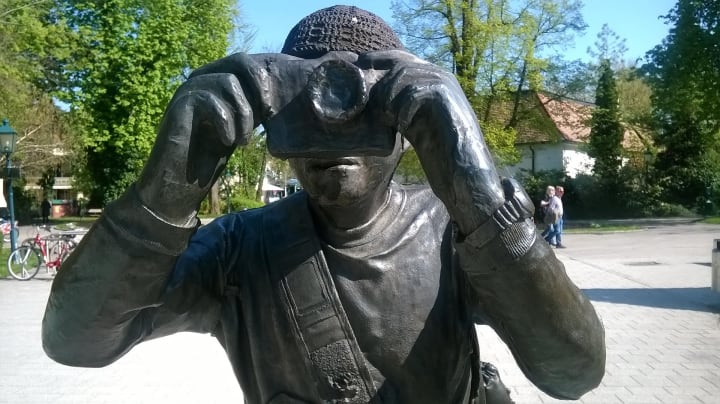
The social and ethnic structure of Singapore is a unique mix of cultures and individuals, including Malays , Chinese , Indians and expats from different countries. With each of these ethnic groups preserving their unique way of life and living harmoniously at the same time, Singapore's lifestyle is multi-cultural. Because of the influx of foreigners lately, Singapore 's culture is cosmopolitan. People are polite to each other and courteous. On communal and racial peace, high emphasis is placed. Five basic 'Shared Vales' were laid down by the Singapore government to establish a distinct Singapore identity-nation above self before community and society; family as the fundamental unit of society; community support and respect for the individual; consensus not conflict; racial and religious harmony.
Singapore has been ranked first in Asia and eighth in the secure personal ranking of Mercer worldwide. Ensuring the protection and personal security of expats and their families has made Singapore a common international relocation destination. In Singapore, expatriates continue to cite protection as one of the most desirable characteristics of living.
Health and sanitation

The population of Singapore enjoys one of Asia's highest levels of health and nutrition. The nation is also known for its world-class health facilities, healthcare technology innovations, specialist physicians and specialists. Clean, productive and stable is the healthcare climate. A public-private partnership in healthcare finance has been adopted by Singapore. The 'Medisave' is fundamental to this scheme, where any working citizen has to make a compulsory monthly contribution to his Central Provident Fund account's Medisave section.
This can then be used for payment of medical expenses. In public hospitals and clinics, the government, for its part, offers healthy, inexpensive health care and free medical services to the poor. Pharmaceuticals are readily available in supermarkets, shopping malls and department stores, apart from licenced pharmacies. Drugs are safe for use and have an elevated quality level. Both medical professionals are licenced with the competent authorities.
Singapore supports an atmosphere that is safe and green. It supports a balanced lifestyle and the system is absorbed by diet and cleanliness and hygiene. For instances of mosquito breeding, the National Environment Agency performs routine checks in the island and imposes heavy fines at breeding sites. Steps like this have played a crucial role in helping to prevent diseases such as chikungunya and dengue from spreading. Singapore was ranked 6th out of 100 countries according to the World Health Organization 's 2010 list of the World 's 100 Best Health Systems.
Education & Schools

Singapore puts tremendous focus on education. In order to succeed in a globally competitive world, the education system arms people with the requisite skills and knowledge. With many of its students winning international awards, Singapore's public schools have high teaching and learning expectations. In addition to the three internationally renowned local universities, Singapore National University, Nanyang Technological University and Singapore Management University, Singapore has many internationally renowned world-class institutions, including INSEAD, University of Chicago Graduate School of Business and United World College, to name a few.
The nation has become aware of a increasing population of expats and has set up many International Schools and Schools of the Foreign System (FSS). These schools are registered with the Ministry of Education and follow the same curriculum as in their country of origin. The payments are from S$12,000 to S$48,000 a year.
According to the 2018 Financial Times Top 100 Global MBA list, the National University of Singapore (NUS), Nanyang Technological University (NTU) and Singapore Management University (SMU) are all among the top 50 business schools worldwide.
Public Services & Transportation
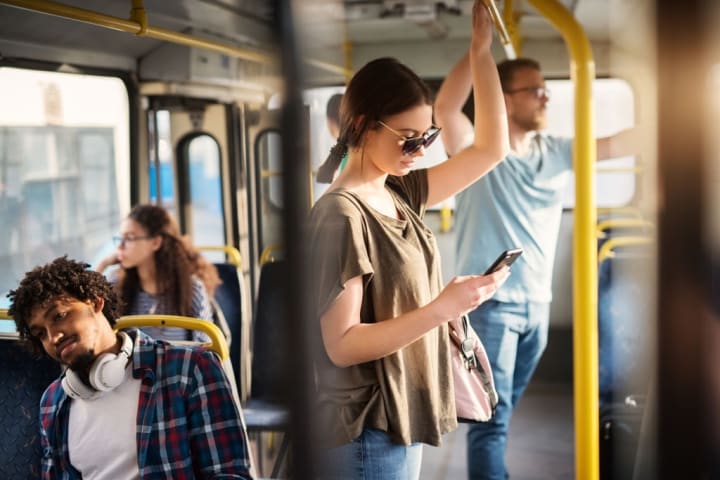
Singapore is well aware of the need for clean water, clean energy, clean air, congestion management , water conservation, a secure supply of energy and good urban planning. The government has concentrated efforts over the past few years on developing Singapore as a 'Garden City' (adding greenery and creating a garden effect), with good urban planning and control of pollution as key considerations. The town is clean and green today and is largely free from traffic congestion. Residents have access to parks and nature reserves that are well developed. The clean water sources of the nation provide safe water supply and sports and recreation opportunities.
Singapore enjoys better air quality than many cities in Asia, according to the National Environment Agency, and its Pollutant Level Index (PSI) has remained for most of 2017 in the 'Healthy' and 'Reasonable' range. The national water body, the Public Utilities Board, was awarded the prestigious Stockholm Industry Water Award in 2007 in recognition of the progress and achievements that Singapore has made in the integrated management of water resources. There are also bans in Singapore on smoking in public areas.
Singapore has a highly effective, hassle-free and accessible public transport system, including taxis , buses and the rail system for Mass Rapid Transport (MRT). These modes of transport are air-conditioned and run between 5:30 a.m. and midnight, connecting the whole city. They are safe , clean and successful. There are affordable bus and rail fares, costing anywhere from S$0.70 to S$2.50 a ride. Compared to the western world, taxis are abundant and comparatively inexpensive. Taxis are reliable and drivers do not fleece or claim even a cent more than the metered fare from customers.
The government has adopted an Electronic Road Pricing ( ERP) scheme in order to curb traffic congestion. This means that when you use those congested roads and expressways in the CBD, you have to pay a minimum fee. In Singapore, owning a vehicle can be extremely costly, costing anywhere from S$100,000-S$200,000, except registration, insurance and tax expenses. Leasing a vehicle is a cheaper alternative.
Recreation
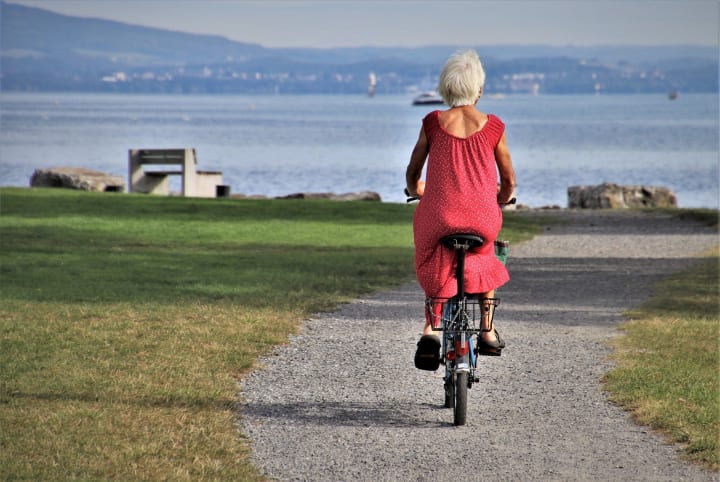
The two most popular activities in Singapore are dining and shopping. The shortage of sufficient leisure choices is felt by most expatriates and they resort over the weekend to explore nearby places in Malaysia (Langkawi, Tioman, Genting etc.) and Indonesia (Bintan, Batam, Bali etc.) There is a lively night life in Singapore and there are many bars and night clubs frequented by patrons. Another alternative that ranks high in popularity is the cinema. Art festivals, plays, music concerts, cultural performances, etc. are possible, but these options are seasonal and may be costly.
Natural environment

It is usually exempt from the danger of natural disasters because of Singapore's geographical position. The weather can, however, be humid during the year, and wet in the last few months of the calendar year.
Market Products Access

The retail sector of Singapore experiences brisk market conditions almost all year round. People spend on luxury products, automotive and household items such as furniture and other consumer durables with a rise in disposable income, housing boom and aggressive retail promotion. Therefore, in Singapore, every retailer is setting up shop. Easily accessible are both fast-moving consumer goods (FMCG), such as processed food , cosmetics, toiletries, household products, etc., and premium brands. In Singapore, many consumer durables have become essential necessities.
There are many outlets in hypermarkets and supermarkets that dot the island. Most of these supermarkets offer discounts and deals and also stock basic items from Mexico, Australia and India. Apart from this, near the housing projects, there are convenient shops like 7-Eleven and small local grocery stores. Medi-ya (Japanese supermarket), Tanglin Market Place (American products), Tierney's (Scandinavian, Swiss and German products) and Mustafa (Indian products) are also specialty supermarkets. Heat-and-serve dishes, semi-prepared food, frozen food, fast foods of the western kind are gaining popularity. It is also becoming popular with low fat foods, diet drinks, yoghurt, fruits and other healthy foods. Since Singapore imports from every corner of the globe every possible object, the choice is large and prices are competitive.
Accommodation
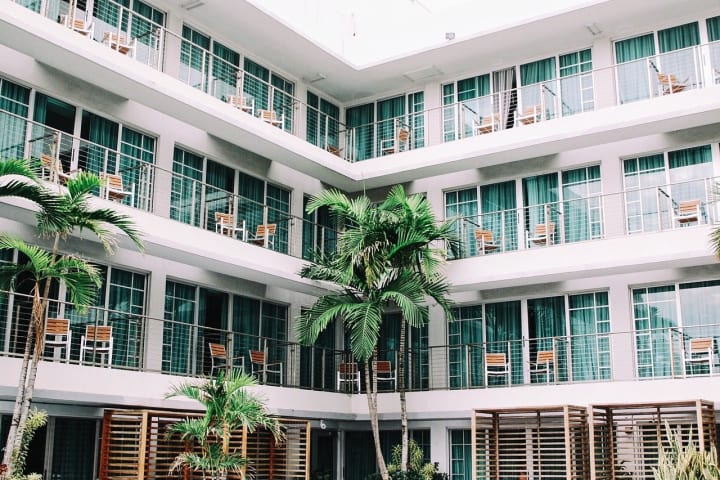
Singapore housing falls into two major categories: public HDB flats (built by the Board of Housing Development) and private condominiums / landed property. The choice of accommodation depends solely on the budget, location, services , transport and personal preferences.
Many expats choose to live in condominiums, often preferring to live near their employer or schools for their children. Condominiums with trendy exteriors and interiors, 24 hour surveillance, swimming pool, gym, tennis courts, BBQ pits and covered parking are mid to high-rise buildings. It can cost anywhere between S$7,000 and S$15,000 to rent a three-bedroom condo near the CBD, while renting units located outside the CBD can cost from S$3,300 to S$5,000. A less costly alternative is HDB flats, where 90 percent of Singaporeans reside. However, lavish facilities, such as swimming pools or gyms, do not come with them. However, they are also situated near shopping centres, food courts, restaurants, libraries, supermarkets, clinics, and sports / recreation facilities. HDB flats are often found by expats from India , China and Malaysia to be a viable and convenient alternative.
"In a nutshell "
Positive Factors
- Easyto adjust to the culture and living environment
- Modern, westernised environment
- Scores high on safety and low crime rates
- English is widely used and a first language in Singapore
- Convenient transport, high quality infrastructure and health facilities
- Readily available and affordable domestic help
- Clean, green and healthy environment to live in
Negative Factors
- Limited sports/recreation options
- Rule-bound and sometimes stifling
- Expensive to own a car
- Weather can be hot and humid most of the time
About the Creator
Anshul Singh Tomar
I can define myself as a Design Thinker with a diversified portfolio of portals which includes Ecommerce Reviews, Job/Career, Recruitment, Real Estate, Education, Matrimony, Shopping, Travel, Email, Telecom, Finance and lots more.






Comments
There are no comments for this story
Be the first to respond and start the conversation.